
Vatican City, Jun 10, 2019 / 11:08 am (CNA).- Discussing the Syrian civil war Monday, Pope Francis said God hears the cry of orphans and widows, and that his wrath will be visited on those who deal in arms trafficking while speaking of peace.
“I think with sadness, once again, of the drama of Syria and the dense clouds that seem to thicken above it in some areas that are still unstable and where the risk of an even greater humanitarian crisis remains high. Those who have no food, those who do not have medical care, who have no school, orphans, the wounded and widows raise their voices up high,” the pope said June 10 to participants in the plenary assembly of the Reunion of Aid Agencies for the Oriental Churches.
“The hearts of men may be insensitive, but that of God is not: wounded by the hatred and violence that can be unleashed among his creatures, always able to be moved and take care of them with the tenderness and strength of a father who protects and guides. But sometimes I also think of the wrath of God that will be unleashed against the leaders of countries that talk about peace and sell weapons to carry out these wars. This hypocrisy is a sin.”
Francis’ meeting with ROACO was at the Vatican’s Consistory Hall. The organization unites funding agencies to provide services to members of the Eastern Catholic Churches.
In his address the pope also discussed Iraq, where he said he wishes to visit next year, hoping “it may look ahead through the peaceful and shared participation in the construction of the common good of all the religious components of society, and that it may not fall into the tensions which come from the never-ending conflicts of regional powers.”
Pope Francis then voiced his desire for peace among the people of Ukraine, “whose wounds caused by the conflict we have tried to alleviate with the charitable initiative to which many ecclesial realities have contributed.”
“In the Holy Land, I hope that the recent announcement of a second phase of study of the restoration of the Holy Sepulchre … will be accompanied by the sincere efforts of all local and international actors for a peaceful coming soon living together in respect of all those who live in that land, a sign to all of the blessing of the Lord,” he reflected.
He recalled his condemnation of arms trafficking, saying: “People fleeing, huddled on ships in search of hope, not knowing which ports they will be able to receive, but in Europe they open the ports to boats that have to load sophisticated and expensive weapons, capable of producing devastation that do not spare even children. This is the hypocrisy of which I spoke.”
“We are aware here that Abel’s cry rises up to God, as we remembered in Bari a year ago, praying together for our faithful of the Middle East.”
Though there is lamentation and weeping in the homes of the Eastern Catholic Churches, there is also “hope and consolation” through ROACO’s “tireless work of chariaty,” the pope said.
“This expresses the face of the Church and contributes to making her alive, in particular nurturing hope for the young generations. Young people have the right to be heard announcing the fascinating and demanding word of Christ and … when they meet an authentic and credible witness they are not afraid to follow Him and to question themselves on their vocation.”
He urged the members of ROACO to “ontinue and increase your effort, so that in the countries and situations you support, young people can grow in humanity, free from ideological colonization, with open hearts and minds, appreciating their national and ecclesial roots and desiring a future of peace and prosperity, which leaves no one behind and discriminates against no-one.”
The pope recalled with gratitude the reopening of the border between Ethiopia and Eritrea, and he urged the spreading of his document on human fraternity adopted in February with the grand imam of al-Azhar.
“And let us all commit ourselves to preserving those realities that have been living the message for years, with particular attention to educational institutions, schools and universities, so precious especially in Lebanon and throughout the Middle East, authentic laboratories of coexistence and workshops of humanity to which all can easily have access,” he concluded.
If you value the news and views Catholic World Report provides, please consider donating to support our efforts. Your contribution will help us continue to make CWR available to all readers worldwide for free, without a subscription. Thank you for your generosity!
Click here for more information on donating to CWR. Click here to sign up for our newsletter.



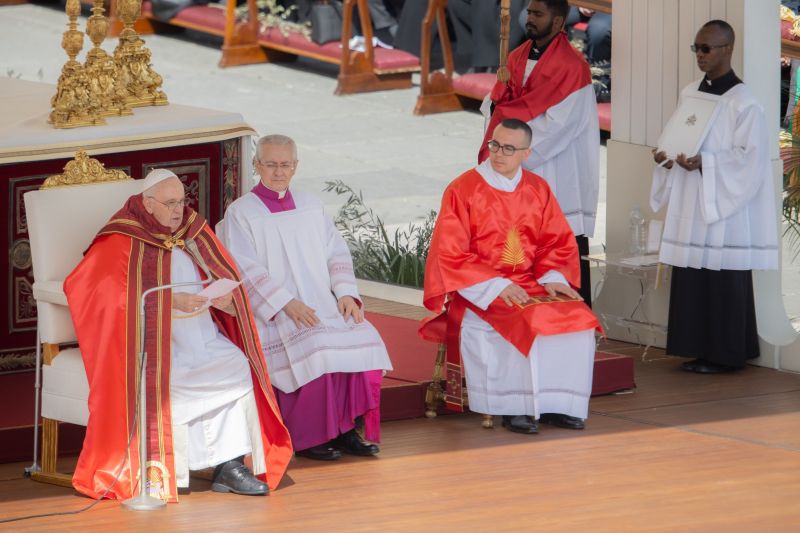
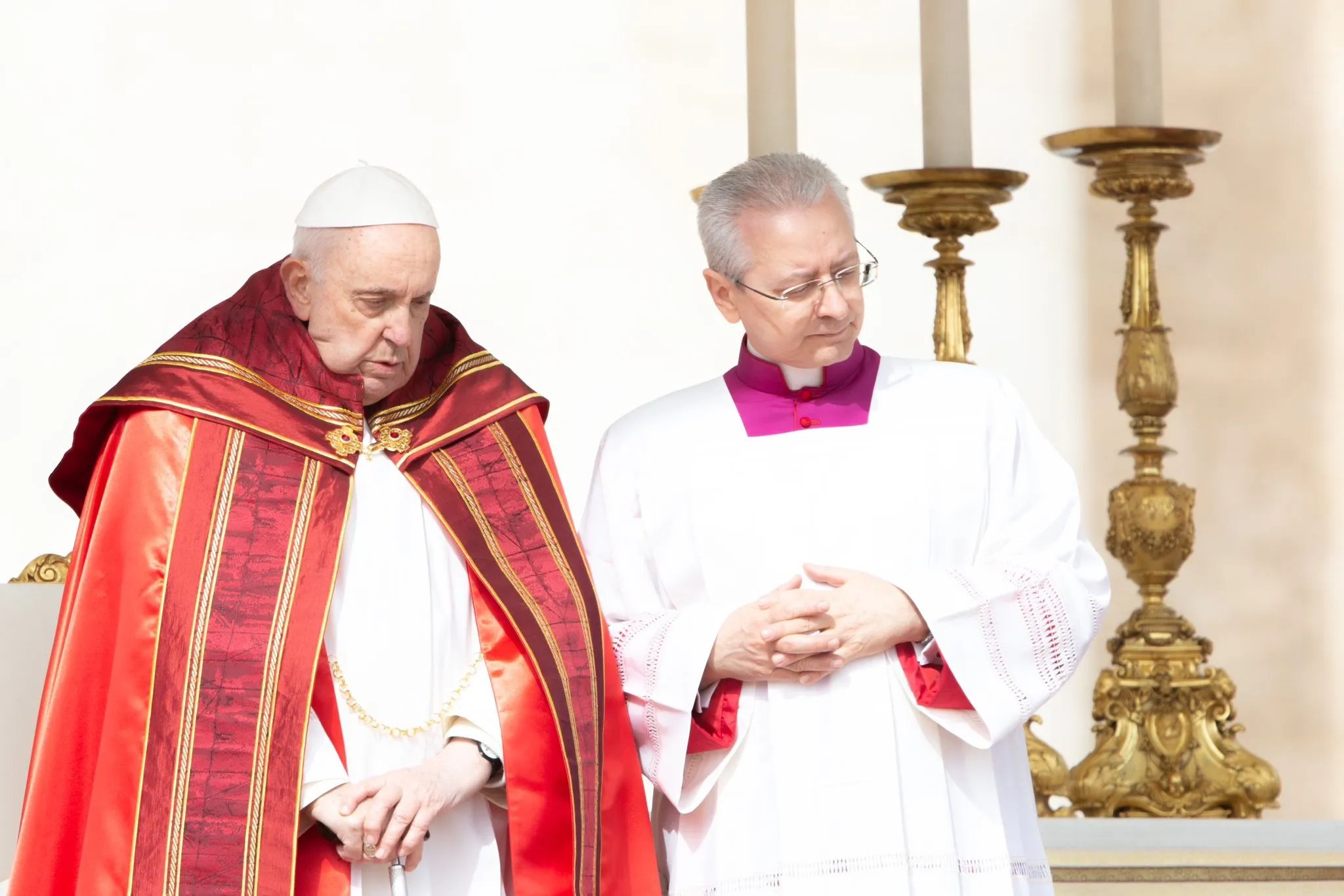
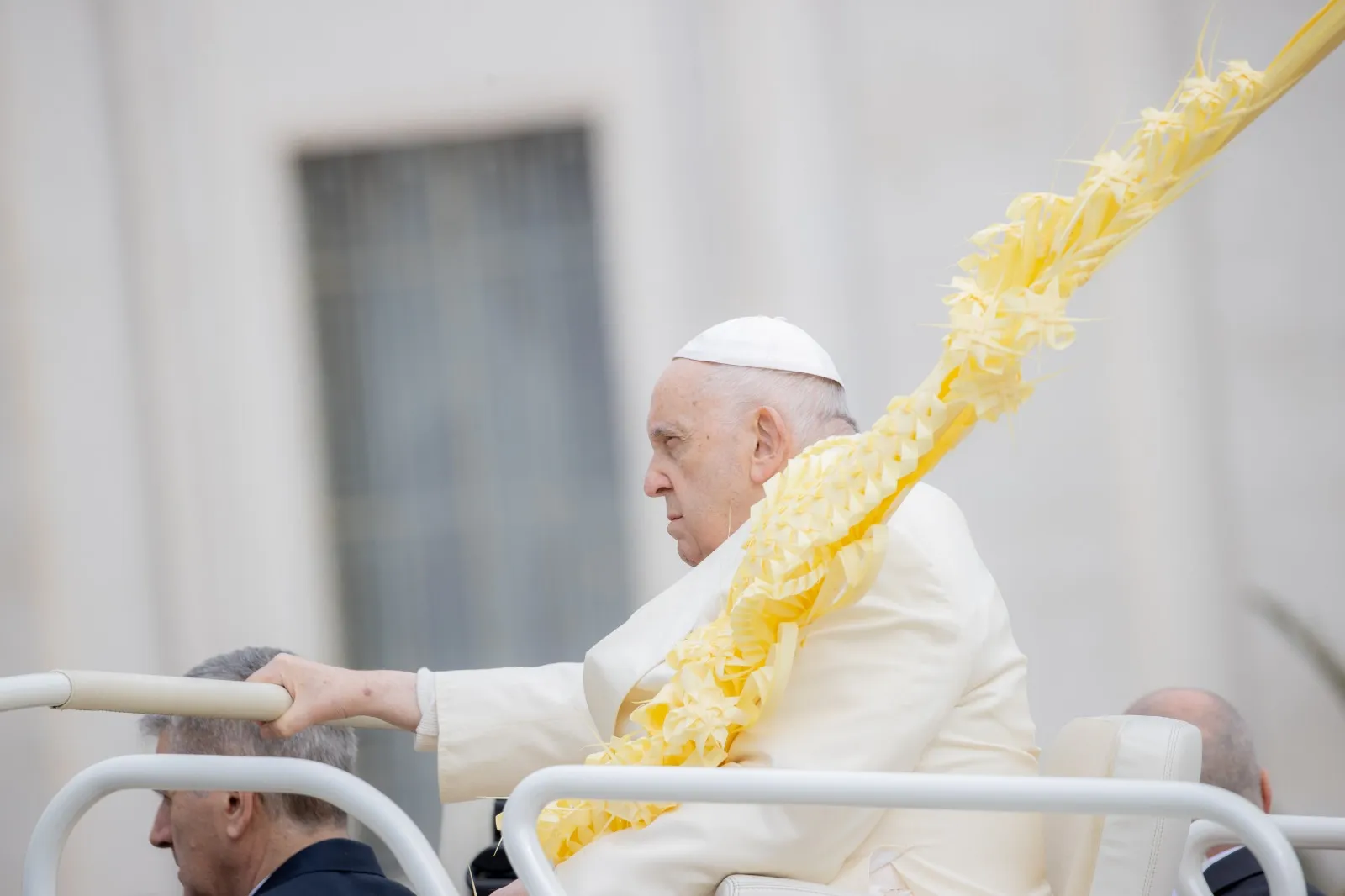
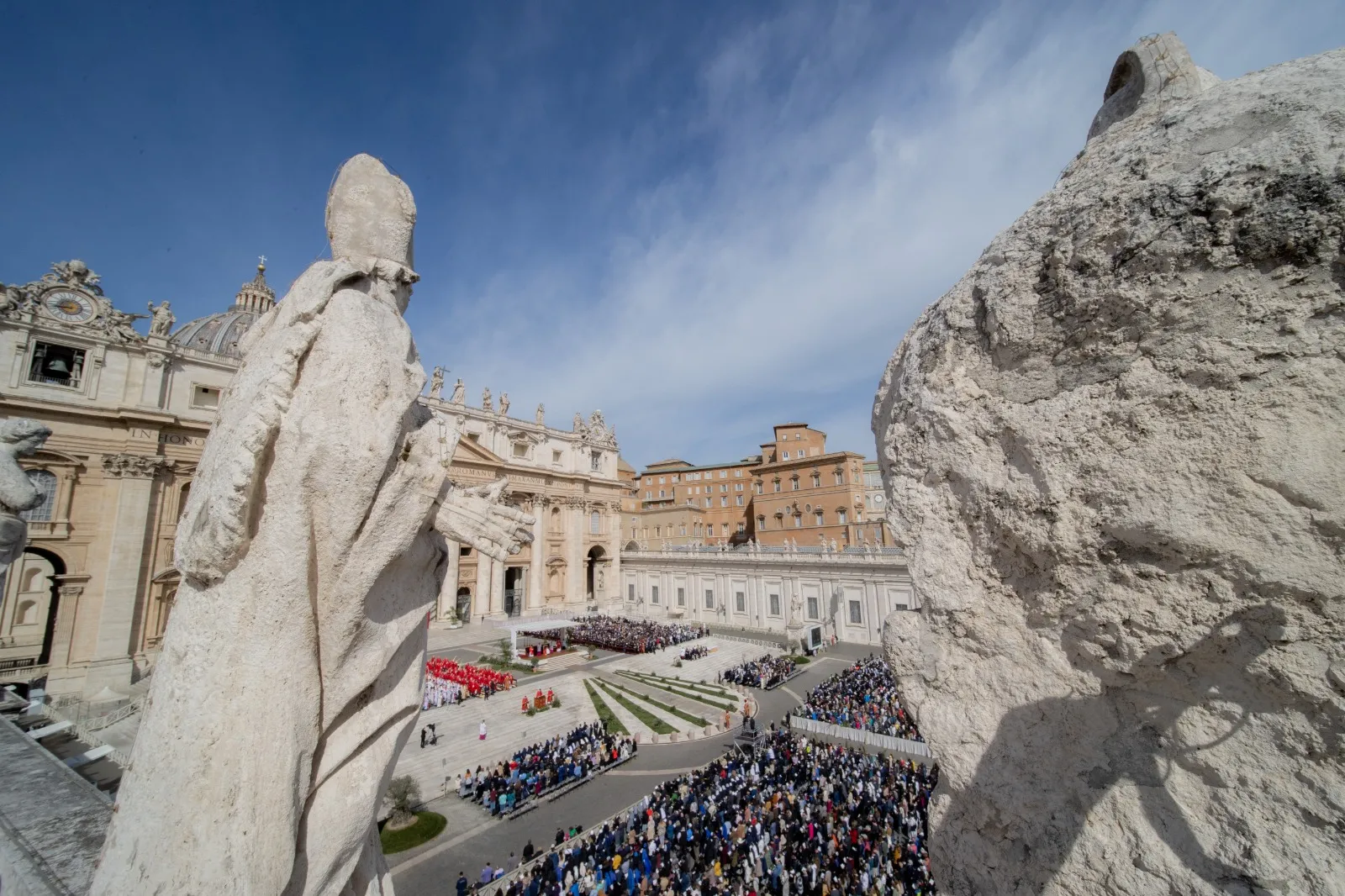
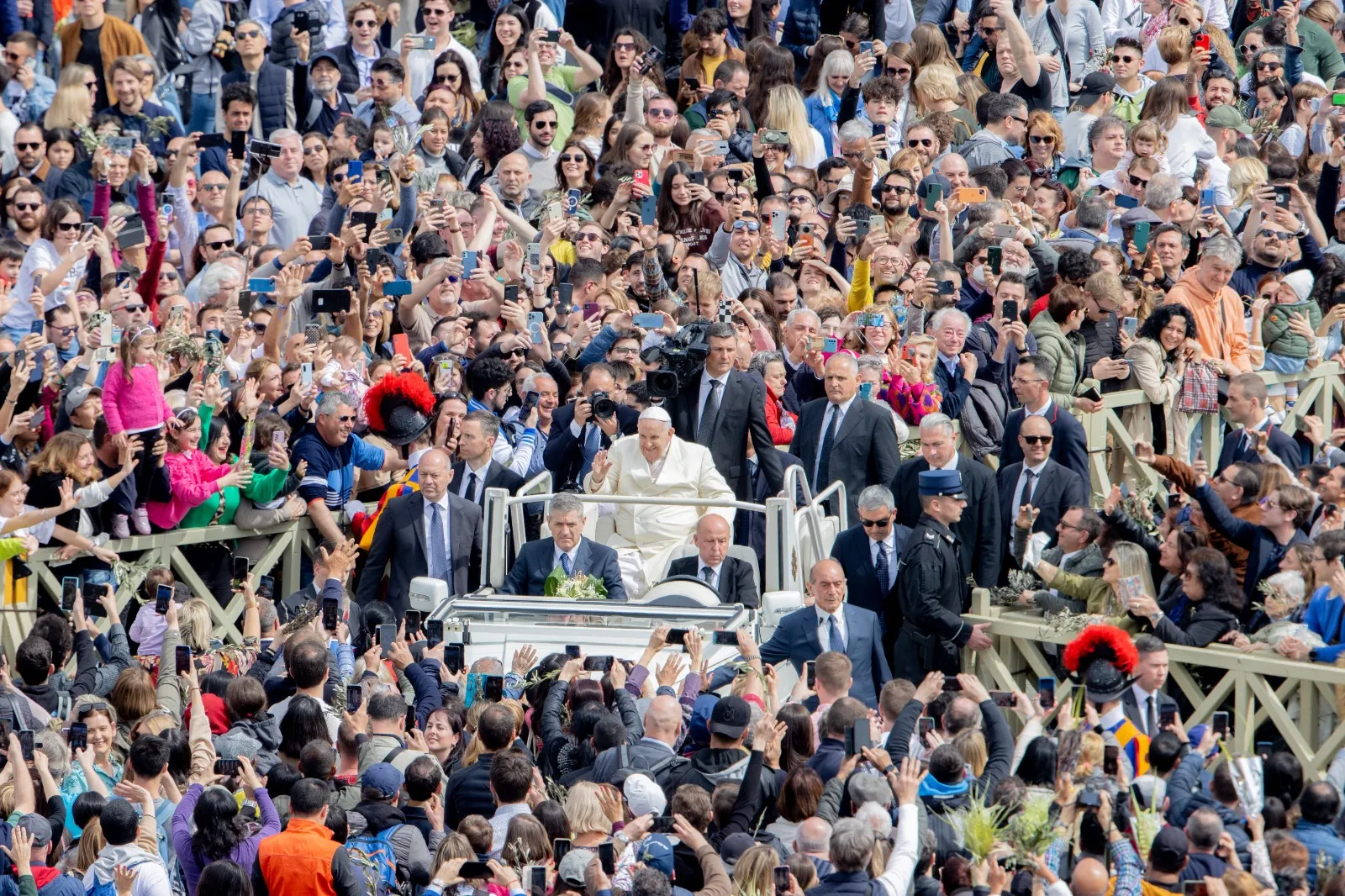

Leave a Reply